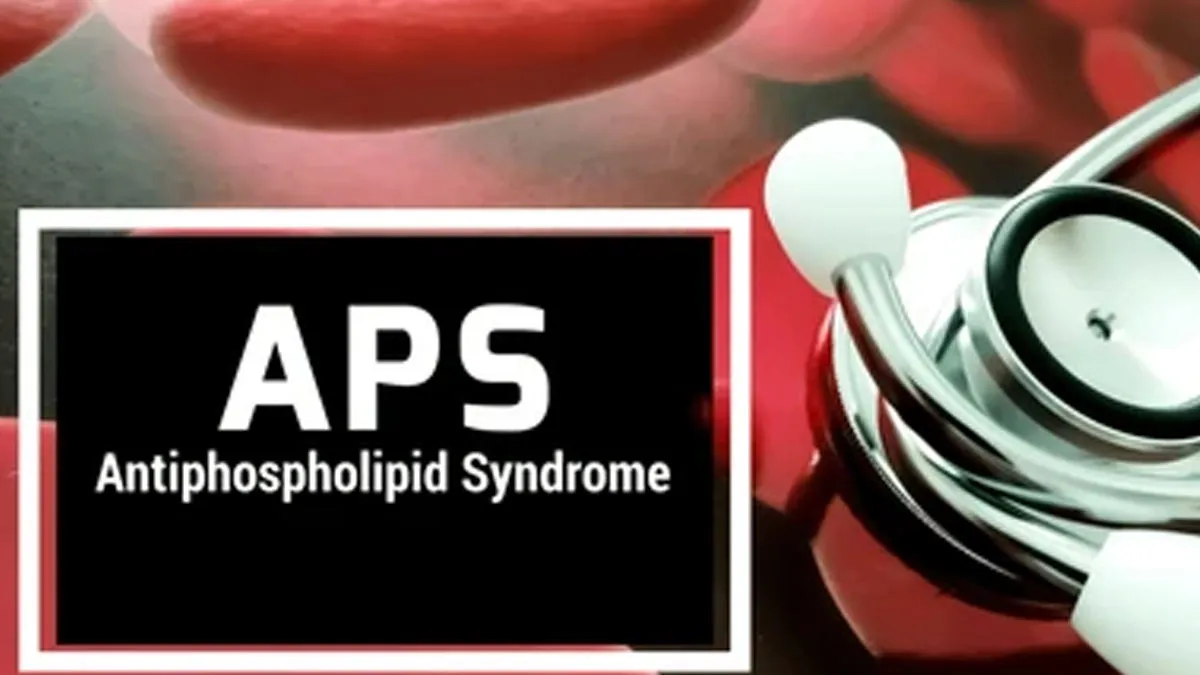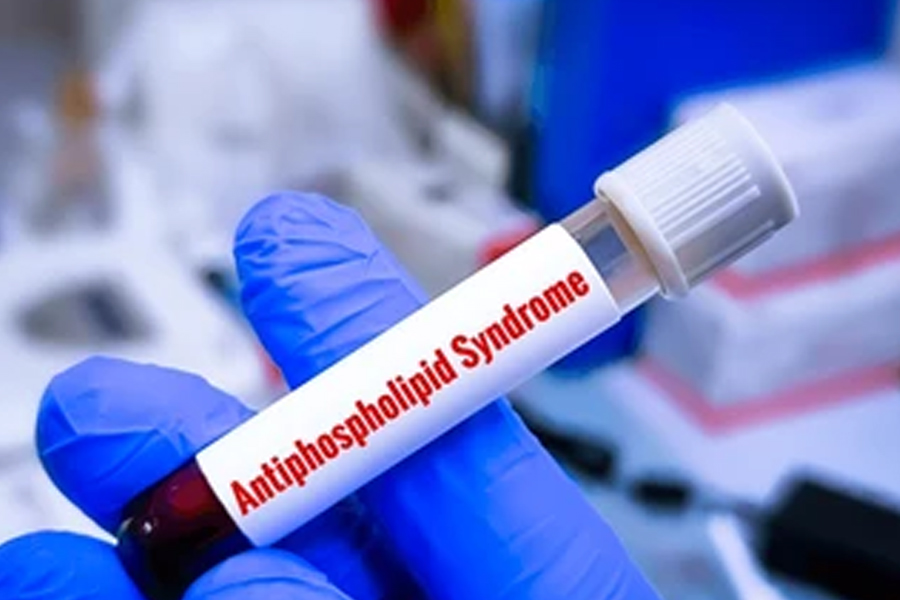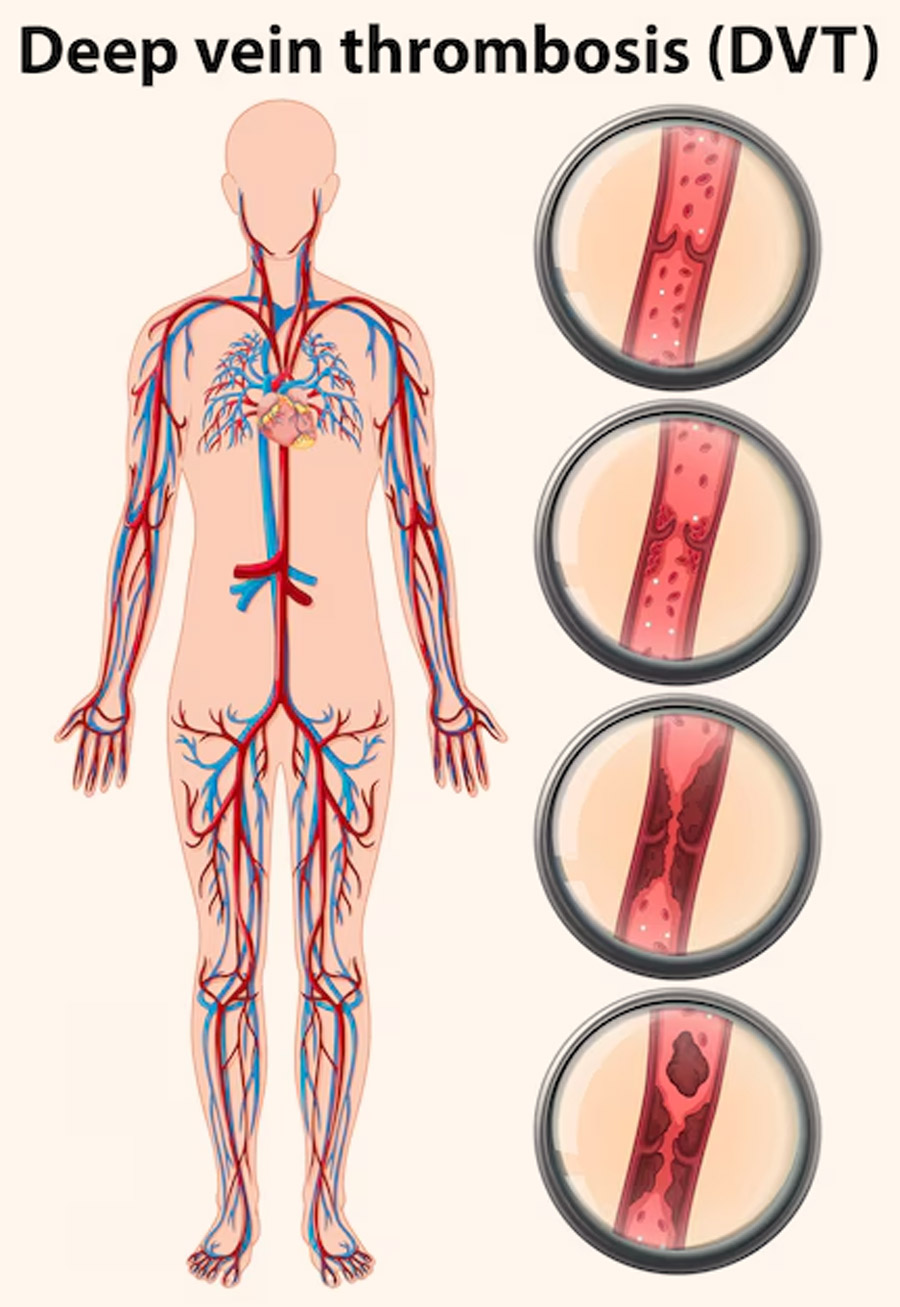
Have you ever heard of a condition where your immune system gets too overprotective and ends up causing more harm than good? That’s what happens in Antiphospholipid Antibody Syndrome (APS). It’s a health issue most people haven’t heard of, but it can lead to serious problems like blood clots, strokes, and pregnancy complications, especially in young women. It often shows up without any of the usual warning signs like high blood pressure or diabetes.
Table of Content:-
We spoke to Dr Raghavendra H, Consultant–Rheumatologist, Manipal Hospital, Hebbal, Bengaluru, who explained what APS is, why it matters, and how spotting it early can make all the difference.
What Is Antiphospholipid Antibody Syndrome?

"Antiphospholipid Antibody Syndrome (APS) is an autoimmune condition where the immune system of the body mistakenly forms antibodies that target healthy tissues. APS is defined by a number of antibodies, such as antiphospholipid antibodies, lupus anticoagulants, anti-beta-2 glycoprotein I (IgG and IgM), and anticardiolipin antibodies. The syndrome is more prevalent in females, especially between 20-40," said Dr Raghavendra.
According to StatPearls, the prevalence of APS is estimated to be approximately 2.1 cases per 100,000 people in the United States, while its prevalence is around 50 per 100,000. In Europe, the incidence is lower, recorded at 1.1 per 100,000. Similarly, in Asia, the rates are also thought to be reduced; for instance, South Korea reports an incidence of 0.75 per 100,000 and a prevalence of 6.19 per 100,000.
Also Read: Can Some People Never Feel Pain? The Rare Condition That Is Hard To Believe
How Does APS Affect the Body?

In APS, the antiphospholipid antibodies mainly act on phospholipids, a group of fats found in cell membranes that induce abnormal blood thickening. The abnormal presence of these antibodies and thickened blood significantly predispose to the formation of blood clots within different body parts.
"The increased risk of clotting can result in severe health conditions, such as clots that develop in the heart or brain blood vessels, which can increase the risk of strokes, Deep Vein Thrombosis (DVT), a condition where clots develop in the deep veins of the legs, and pulmonary embolism, which occurs when clots migrate to the lungs," said Dr Raghavendra.
APS and Pregnancy Complications

Women with APS are often prone to Obstetric Antiphospholipid Syndrome (OAS) during their pregnancy. OAS can cause recurrent miscarriages, particularly during the first trimester. Additionally, it results in compromised (inadequate) blood circulation from the mother to the foetus, which significantly affects foetal health, resulting in growth restriction, low weight gain, and overall development of the foetus.
"In extreme cases, APS also leads to abrupt foetal death, particularly in the more advanced pregnancy stages. The compromised blood flow brought about by the antibodies is responsible for preventing proper nutrition and oxygen supply to the foetus, usually resulting in catastrophic consequences if not discovered and treated promptly," explained Dr Raghavendra.
Why Early Diagnosis Matters
"APS is a serious condition that can have life-changing effects if left undiagnosed or untreated. Diagnosing APS is crucial, especially when patients below the age of 45 years present with blood clots or strokes without any history of major risk factors, including physical inactivity, hypertension, hypercholesterolemia, or uncontrolled diabetes," highlighted Dr Raghavendra.
It is always appropriate to consider APS as a potential cause when young adults experience clots or strokes but in the absence of severe conditions. Early diagnosis and proper management are most important in avoiding complications and enhancing outcomes, especially in young adults with a history of clotting, pregnant women, and those who fall within the high-risk group of stroke.
[Disclaimer: This article contains information provided by an expert and is for informational purposes only. Hence, we advise you to consult your professional if you are dealing with any health issue to avoid complications.]
Also watch this video
How we keep this article up to date:
We work with experts and keep a close eye on the latest in health and wellness. Whenever there is a new research or helpful information, we update our articles with accurate and useful advice.
Current Version